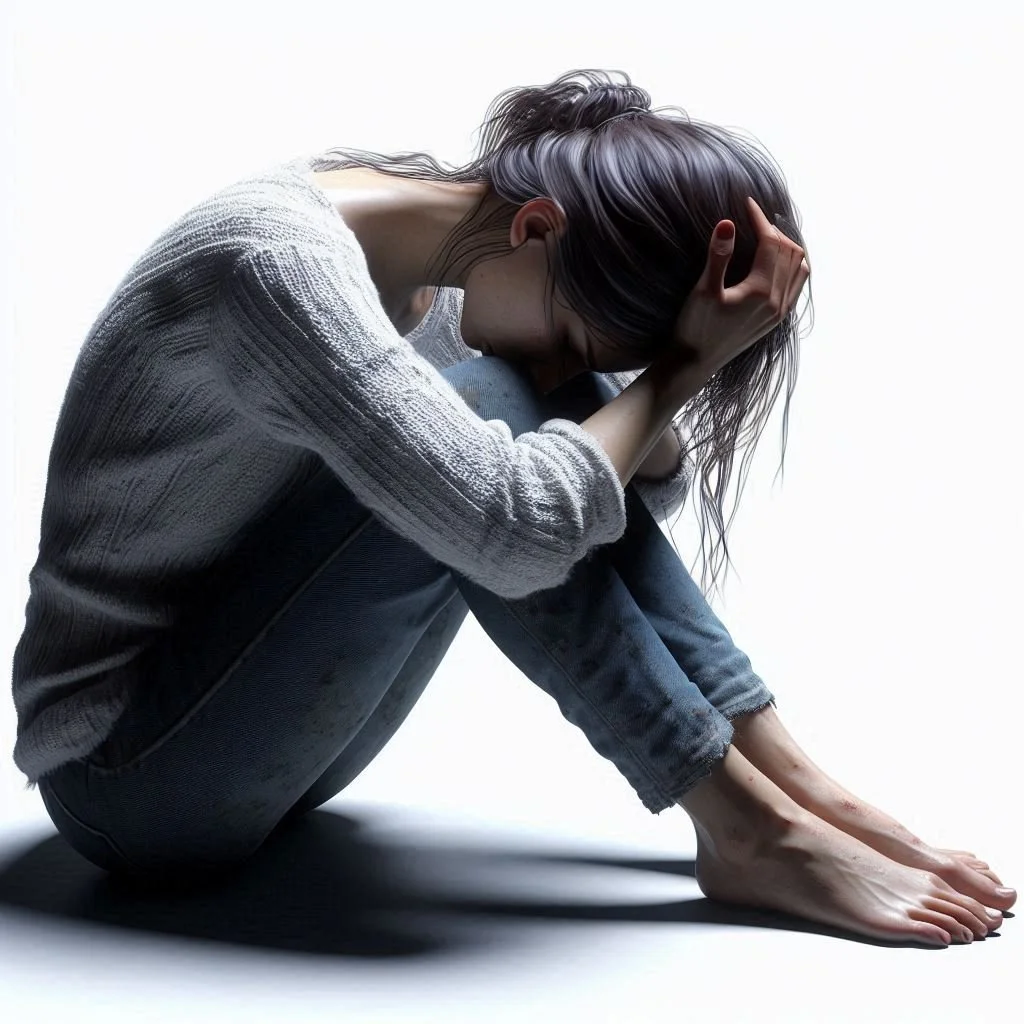Protecting Roofers from Traumatic Brain Injuries: Safety Measures for Connecticut's Construction Workforce.
Roofing is one of the most physically demanding and hazardous jobs in the construction industry, and in Connecticut, the risks are no exception. Among the many dangers roofers face, traumatic brain injuries (TBIs) pose some of the most serious threats. A recent article from Roofing Contractor highlights startling data: roofers have the highest rate of fatal TBIs in the construction industry. This statistic underscores the need for better safety practices, education, and awareness to protect workers in our state.
Exploring the Potential Links Between Long-COVID and Brain Injury
As the world continues to uncover the long-term effects of COVID-19, one area of growing concern is the impact on brain health. For those who have experienced long-COVID symptoms, the overlap with symptoms of brain injury is striking—issues such as memory loss, cognitive impairment, fatigue, and mood changes are increasingly common. At The Supported Living Group, we aim to shed light on these potential links to help families, caregivers, and survivors of brain injury understand and navigate this complex topic.
Exploring the Connection Between Brain Injury and Food Insecurity: The Role of Healing by Growing Farms.
In the intricate web of public health challenges, the connection between brain injury and food insecurity stands out as a significant yet often overlooked issue. The interplay between these two factors creates a cycle that can severely impact individuals' quality of life. Organizations like Healing by Growing Farms are stepping up to address this complex relationship, providing innovative solutions and hope to those affected.
Suicidality and Suicide Prevention for Brain Injury Survivors: A Critical Need for Comprehensive Support
Brain injuries can profoundly impact an individual's life, leading to cognitive, emotional, and physical challenges. Among the most concerning outcomes is the increased risk of suicidality. Understanding and addressing this risk is crucial for healthcare providers, caregivers, and support services. In this context, the Supported Living Group’s (SLG) community-based non-medical brain injury support services in Connecticut play a vital role.
Understanding the Impact of Traumatic Brain Injuries in Equestrian Sports and the Importance of Support Services
Traumatic brain injuries (TBIs) are a serious concern in many sports, including horse riding. A recent article by NPR sheds light on the prevalence of TBIs among equestrians, highlighting the need for increased awareness, preventive measures, and comprehensive support for those affected. As we delve into this topic, it's crucial to recognize the valuable services provided by organizations like The Supported Living Group, which offers essential brain injury support services through their ABI Waiver and private pay programs in Connecticut.





